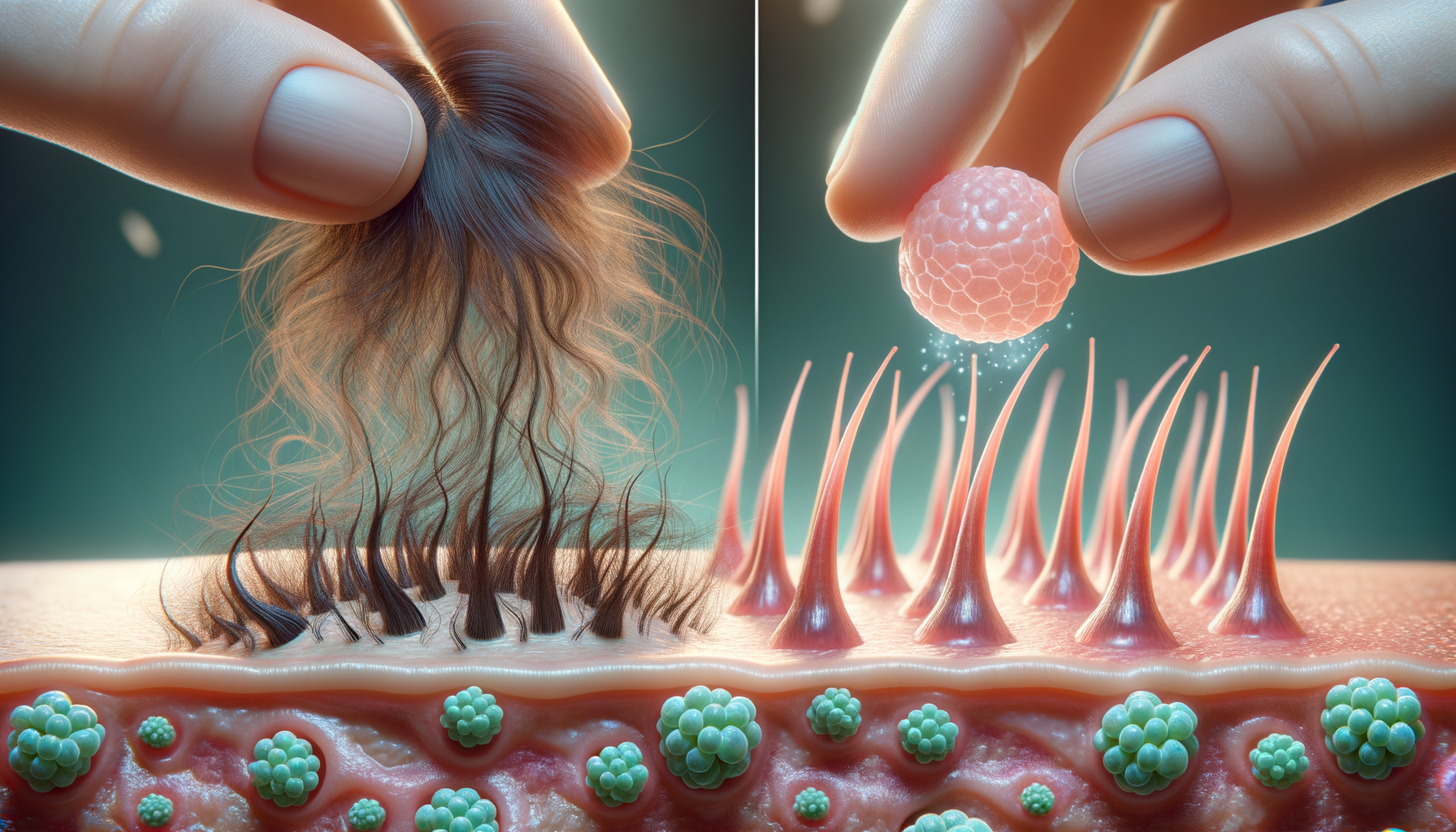Understanding Alopecia Areata
Alopecia areata is an autoimmune condition characterized by sudden hair loss in round patches on the scalp and other parts of the body. This disorder can affect individuals of all ages and genders, though it often appears during childhood or adolescence. The hair follicles are attacked by the immune system, leading to hair loss. While the exact cause of alopecia areata remains unclear, it is believed to be a combination of genetic predisposition and environmental factors.
Individuals with alopecia areata may experience unpredictable cycles of hair loss and regrowth. The condition is not life-threatening, but it can have significant psychological and emotional impacts. As such, understanding and exploring treatment options is crucial for those affected by this condition.
Topical Treatments for Alopecia Areata
Topical treatments are often the first line of defense against alopecia areata. These treatments are applied directly to the scalp or affected areas, aiming to stimulate hair growth. Corticosteroids are commonly used in this category, as they help reduce inflammation and suppress the immune system’s attack on hair follicles. These can be in the form of creams, ointments, or solutions.
Minoxidil is another topical treatment that is frequently recommended. It is known for its ability to promote hair growth and is available over the counter. Patients using minoxidil may notice hair regrowth within a few months, although results can vary from person to person.
While topical treatments can be effective, they often require consistent application and may not work for everyone. It is essential to consult with a healthcare provider to determine the most suitable option based on individual needs and the severity of the condition.
Oral and Injectable Medications
In cases where topical treatments are insufficient, oral and injectable medications may be considered. Oral corticosteroids can be prescribed to reduce inflammation and suppress the immune response. However, long-term use of these medications can lead to side effects, so they are generally used for short periods.
Immunosuppressants, such as methotrexate or cyclosporine, are another option. These medications work by dampening the immune system’s activity, potentially preventing further hair loss. However, they also come with potential side effects and require careful monitoring by a healthcare professional.
Injectable corticosteroids are another approach, where the medication is injected directly into the affected areas of the scalp. This method can be effective for small patches of hair loss and may result in quicker hair regrowth compared to topical treatments.
Emerging Treatments and Alternative Therapies
Research into new treatments for alopecia areata is ongoing, with several promising options on the horizon. Janus kinase (JAK) inhibitors are a class of medication that has shown potential in clinical trials. These oral medications target specific pathways in the immune system, potentially reducing hair loss and promoting regrowth.
In addition to pharmaceutical treatments, some individuals explore alternative therapies. These can include acupuncture, aromatherapy, and dietary supplements. While scientific evidence supporting these methods is limited, some patients report positive results. It’s important to approach alternative therapies with caution and consult with a healthcare provider before starting any new treatment.
As research continues, the hope is that more effective and targeted treatments will become available, offering better outcomes for those with alopecia areata.
Coping with Alopecia Areata
Living with alopecia areata can be challenging, both physically and emotionally. Beyond medical treatments, support and coping strategies play a crucial role in managing the condition. Joining support groups or connecting with others who have alopecia areata can provide valuable emotional support and a sense of community.
Wigs, hairpieces, and cosmetic solutions are available for those who wish to cover hair loss. These options can help boost confidence and improve quality of life. Additionally, counseling or therapy can be beneficial for addressing the emotional impact of hair loss.
Ultimately, the journey with alopecia areata is unique to each individual. By staying informed about treatment options and seeking support, individuals can better navigate the challenges and live fulfilling lives despite the condition.








